No casualties reported, but local resident of Afar region says impact of eruption ‘felt like a sudden bomb had been thrown’.
Published On 24 Nov 2025
A long-dormant volcano in northern…
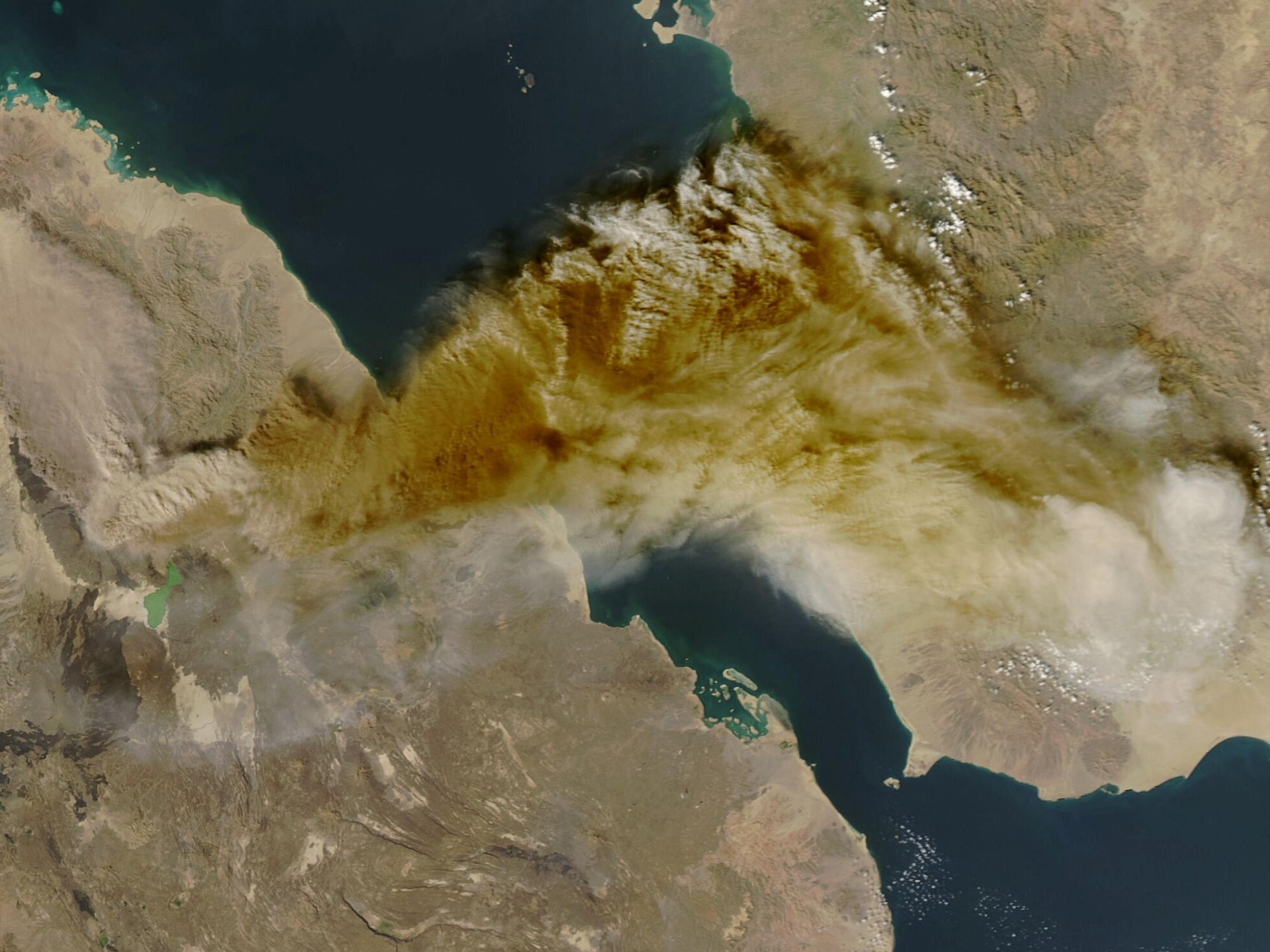
No casualties reported, but local resident of Afar region says impact of eruption ‘felt like a sudden bomb had been thrown’.
Published On 24 Nov 2025
A long-dormant volcano in northern…

Shayan Sardarizadeh, Thomas Copeland and Tom EdgingtonBBC Verify, Washington DC and London
 BBC
BBCDozens of high-engagement accounts on X have been accused of misleading users following the roll-out of a new transparency feature that shows user…
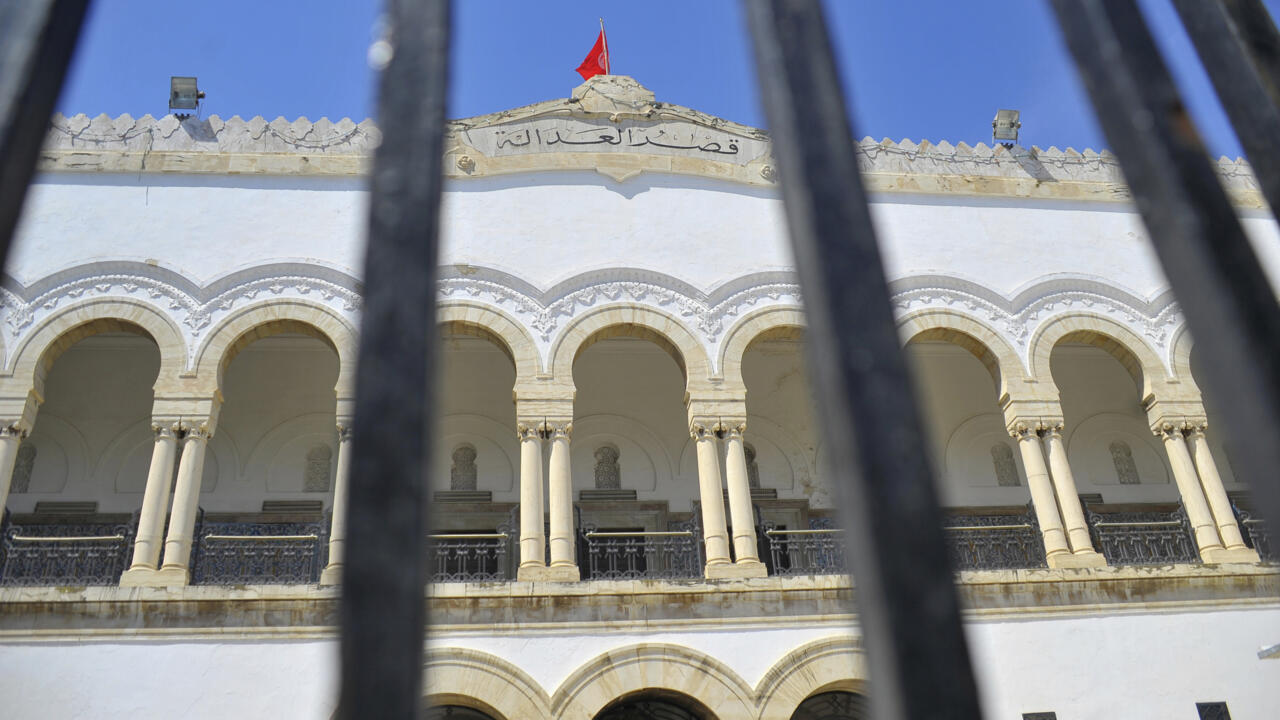
Two aid workers accused of assisting irregular migration to Tunisia were sentenced Monday to two years in prison, with four months suspended, but will be freed after time already…
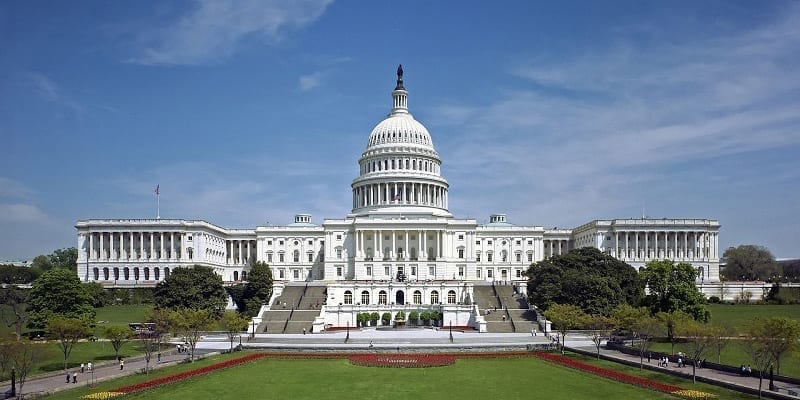
Trump Hosts Saudi Crown Prince, Announces Major Defense and Investment Deals.
On November 18, President Donald Trump met with Saudi Arabia’s Crown Prince Mohammed bin Salman (MBS) at the White House on his first Washington visit…
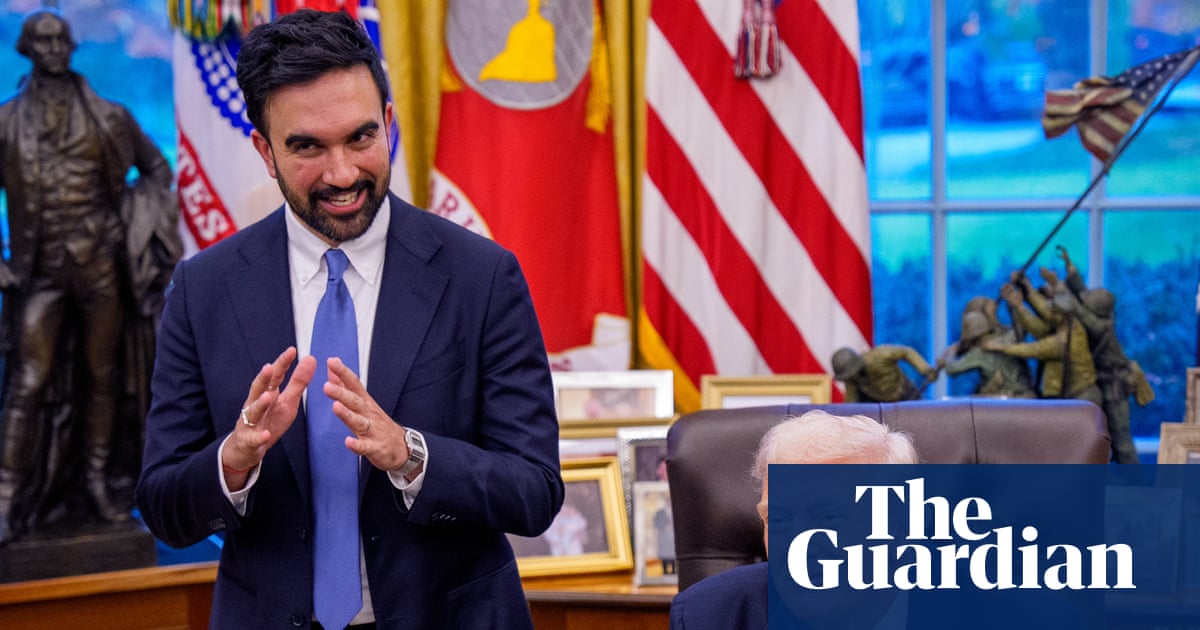
A flurry of social media posts from Maga influencers have laid bare the disorientation felt by members of Trump’s base at the spectacle of Friday’s cordial Oval Office meeting with Mamdani, who the president previously painted as a…
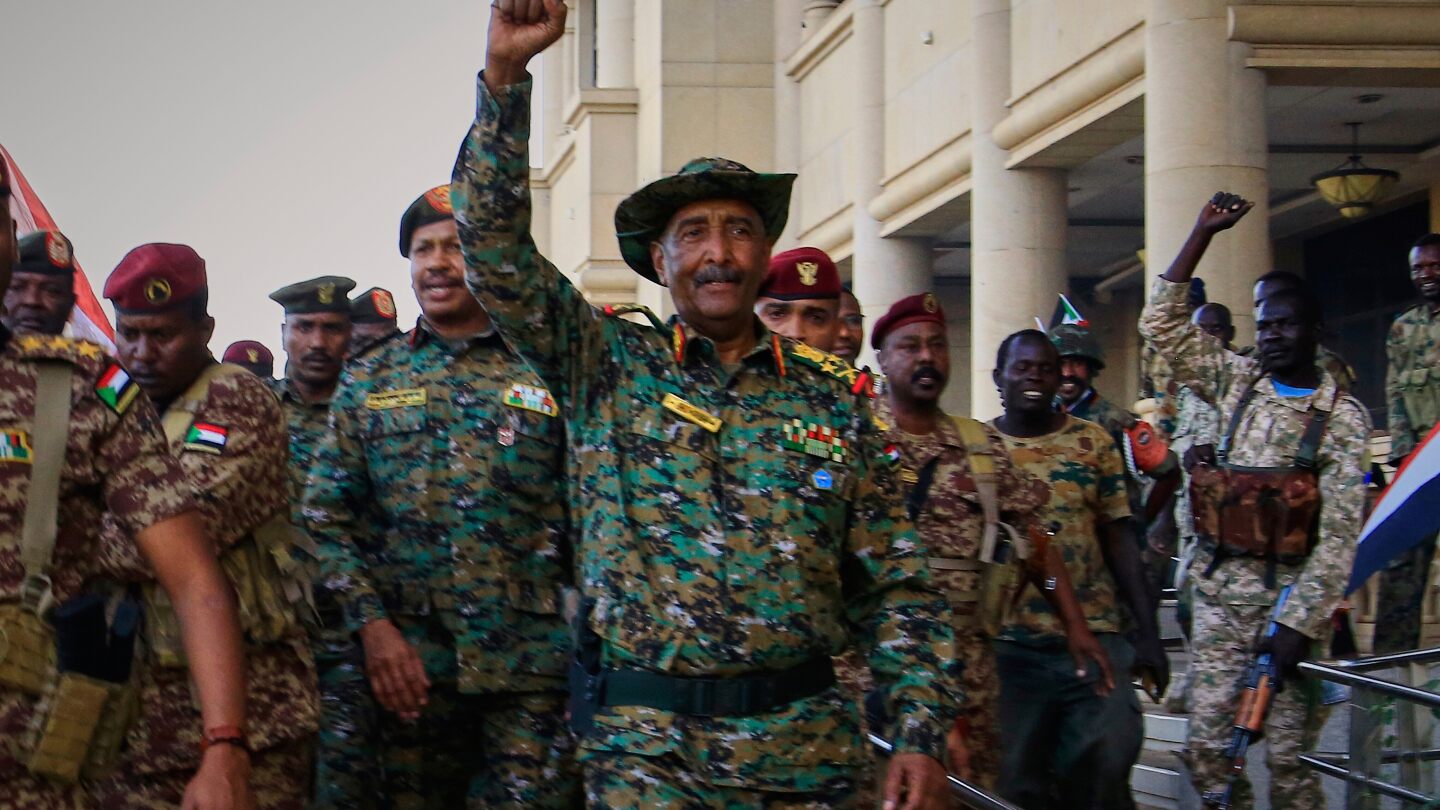
CAIRO (AP) — Sudan’s top general rejected a ceasefire proposal provided by U.S.-led mediators in a blow to efforts to stop a devastating war that has gripped the African country for over 30 months.
In…

In an unusual diplomatic move, China’s leader Xi Jinping initiated a phone call with President Trump on Monday to discuss Taiwan, a flashpoint that has surged to the forefront in recent days as Japan takes a more assertive stance on the...
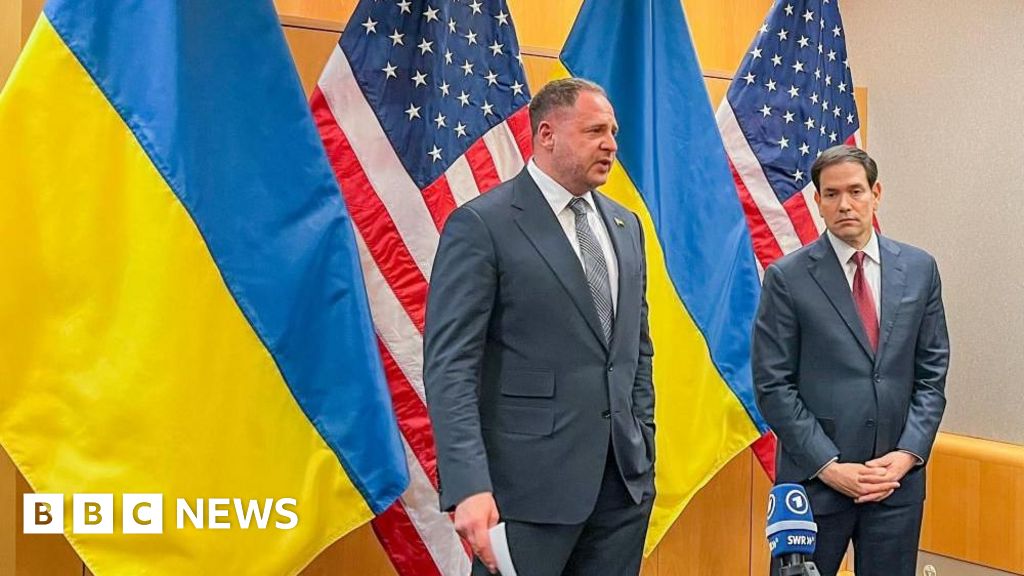
Donald Trump wants a peace deal in Ukraine very badly.
Kyiv wants peace even more, just not at any cost.
That’s why when the US began pushing it to agree to a deal by Thanksgiving on what looked close to surrender terms, Ukraine pushed back.
It…